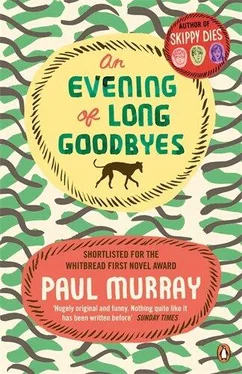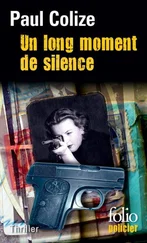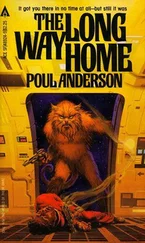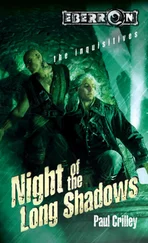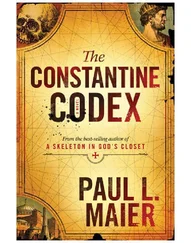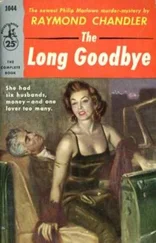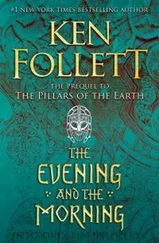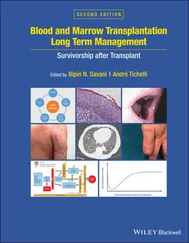Frank made a minute burbling noise and pretended to wipe something out of his eye.
Let me take a moment here to concede that I am not, in the general run of things, a man noted for his sensitivity to others. Bel was forever reminding me of this — indeed, when we were younger she had turned it into a kind of party piece: whenever she had schoolfriends over, at some stage of the evening she would turn to me and ask, in a loud voice, ‘Charles, what’s empathy?’ and I, who was always meaning to look it up in the dictionary but had never quite got round to it, yet felt pressed to give some sort of reply, would say that wasn’t it when somebody yawned and it made everyone else yawn too; and her friends would all cackle maliciously, and Bel would say to them, ‘You see? It’s like living with some kind of sentient beanbag.’
So it was with intense surprise and discomfort — of the sort one experiences when, for example, one accidentally sits on a pudding — that I discovered I had, at that moment, a very good inkling of what was going through Frank’s mind; because I realized that for the last few weeks it had been going through my mind too. And so I turned to him and asked him if he was all right.
‘Ah, Charlie…’ he said brokenly, his piggy eyes shining. ‘Ah, Charlie…’
‘There, there,’ I said, patting his wrist. ‘I know.’
Smacking himself on the head, he exclaimed, ‘I’m such a thick bollocks! Thinkin we’d get back together, when I never — I never even knew why she went out with me in the first place…’
‘Don’t be silly,’ I said. ‘She had lots of reasons. You’re, you know, you’re Frank. You’ve got a van. And a successful business. And you beat up those other people, the cunt and that lot.’
He shook his head mournfully. ‘If you’d seen her that last time, Charlie, the way she looked at me — like she was ashamed of me, like I was just some fuckin scumbag…’ A large, gloopy tear trickled down his nose.
‘Oh, Bel’s ashamed of everybody,’ I said. ‘She used to tell people I’d been put in the house as a government experiment — here, take this…’ I handed him a tissue, which I realized only too late was Droyd’s press release. ‘I know everything seems, you know, kiboshed. But you can’t let yourself get downhearted. Plenty of fish in the sea, and all that.’
He nodded unconvincingly, and we fell into a troubled silence, one of us now covered in inscrutable wedge-like forms. Plenty of fish in the sea: it wasn’t much consolation. But what else could I tell him? He wasn’t the first to come bumbling along and have his unthinking heart snagged on her spare angles and complexities; he wasn’t the first to imagine he had found his grand love story, only to discover that all this time he had just been reading for the part — that this was merely an audition, that he was just something she had encountered on the way to wherever it was that Bel was going.
Blast it, I thought with a sudden rush of feeling, why couldn’t she ever do things properly? It wasn’t supposed to end like this, the triangle we had built so carefully, with its delicate tensions, its vertices and oppositions. There were supposed to have been trembling lips, tears, recriminations; there were to have been stern words, dashed hopes, dramatic sweepings out of rooms. And then, as it slowly dawned on her who she was, and what grand tradition she came out of, and she understood at last that this love simply could not be — then she was supposed to be sad, and mope about the house for months on end; until the day when her kindly if frequently misunderstood brother succeeded in coaxing a smile, and she realized that the skies were still blue, and she was restored to us. She wasn’t supposed just to get bored, and walk away from the triangle altogether; she wasn’t supposed then to throw in her lot with the blighter who’d usurped the kindly brother’s room and basically seen him thrown out in the cold.
But that was exactly what she had done; and I found myself, after everything, in the same boat as the smudged figure sobbing beside me. Now, I reflected gloomily, I would have to begin all over again: I would have to find a place for myself in the life of this new character — this new Bel who remembered her lines and sang Doris Day songs and who wished in her heart of hearts to be away on a stage in London! Broadway! Already, impossible seas rolled up between us, as night lengthened and darkness percolated through the nooks and crannies of the misshapen apartment.
Hallowe’en in Bonetown went on well into November. With every night the destruction seemed to intensify, and scurrying back from my bus stop after work I genuinely feared for my life — although because of my outlandish appearance the revellers tended to view me as a kind of seasonal mascot, and generally received me with cheers and thumbs up.
Finally, around the middle of the month, the violence reached its peak. I remember I had double-locked the doors, and was sitting with Frank trying to watch the news. But it was nearly impossible to make anything out, what with the rioting going on outside our window. Glass was being broken like it was going out of fashion; flats were pelted with eggs, toilet rolls, homemade fertilizer bombs; theoretically unstealable things — telephone poles, skips, a suite of leatherette furniture — were duly stolen and added to the pyre that climbed and blazed ever-higher like a beacon marking the end of the world.
It was the morning after that we found the wheelchair for Bel’s play. It was just sitting there on the kerb, with no one in sight who might have been able to explain where it had come from, or who had been occupying it previous to last night — as though it had been left there especially for us. Although it was surrounded by debris, torn metal, bits of cat, the wheelchair was quite intact: pristine, in fact, in a way that seemed somehow wrong and unsettling even before we realized what was missing from the scene. The box and blankets were no longer on the doorstep. Homeless Kenny, who had remained camped outside the house through the worst of the hostilities, was gone — vanished as mysteriously as the wheelchair had appeared, as if in someone’s idea of a fair swap; with no clue as to what had happened, except that to his small defiant graffito had been added a deathly black H.
‘“Harm the Homeless,”’ Droyd read out.
‘I wonder where he went,’ I said, affecting a nonchalance I did not feel.
‘Maybe he went to the park for the night,’ Frank said.
‘Maybe he went to a hotel,’ Droyd said, ‘or he found somewhere proper to live.’
But we knew that he hadn’t: or why would we have stopped talking, and why would everything have seemed so mortally still as we hoisted the wheelchair on our shoulders and carried it up the stairs.
For days to follow it sat in the corner, gleaming at me in a way I didn’t care for. Finally I asked Frank when he was going to get rid of it. He mumbled something about how he’d been meaning to deliver it only he’d had a very busy week. This was an untruth, as for most of the week he’d been sitting around the apartment snuffling, and I told him so. He squirmed about unhappily. ‘I don’t want to go out there on me own, Charlie.’
‘Out where? Out to Amaurot? Why not?’
‘I don’t know,’ he said, hanging his head. ‘I just don’t.’
‘That’s absurd,’ I told him.
‘Yeah,’ he agreed pathetically, and then, lighting up: ‘Here, you could come out with me.’
‘Me?’
‘Yeah, you could give me a hand, like.’
Now it was my turn to prevaricate. My plan for some time had been not to return to Amaurot until I had made a success of my life. I didn’t want to go back now, in my current straitened circumstances, and have Mother going I-told-you-so and those hateful actors gloating at me — and I didn’t think I could bear to witness Bel embarked on yet another ill-conceived romance, with all that oleaginous stroking and canoodling. But there really was something sinister about that wheelchair, and in the end I gave in.
Читать дальше
